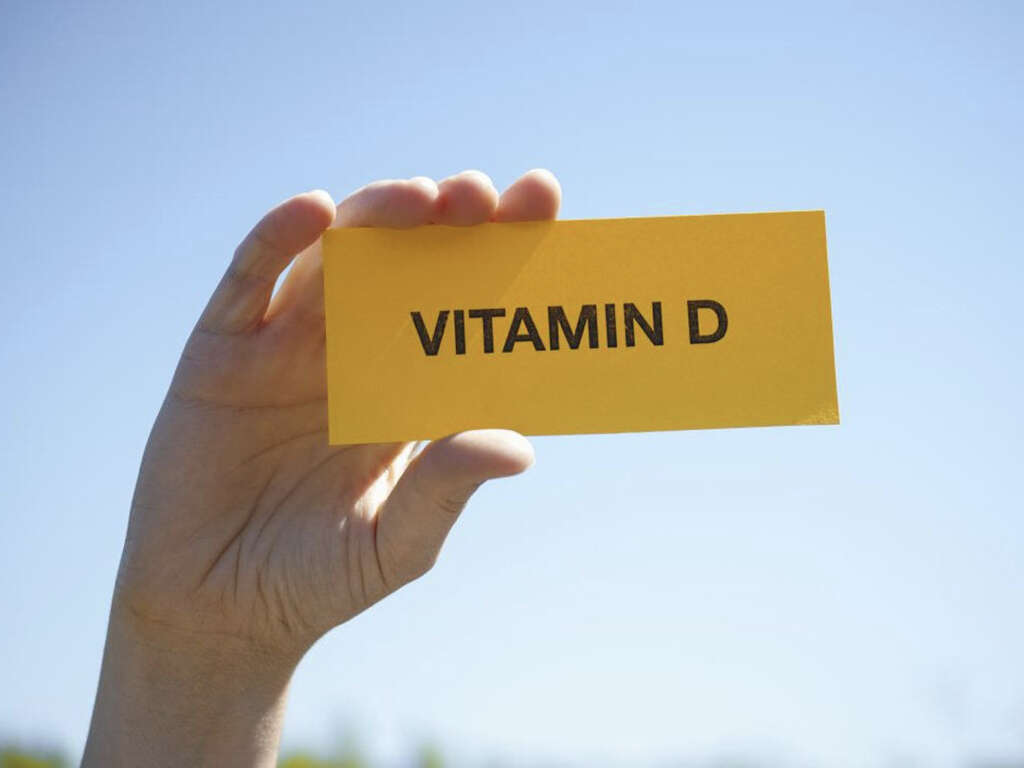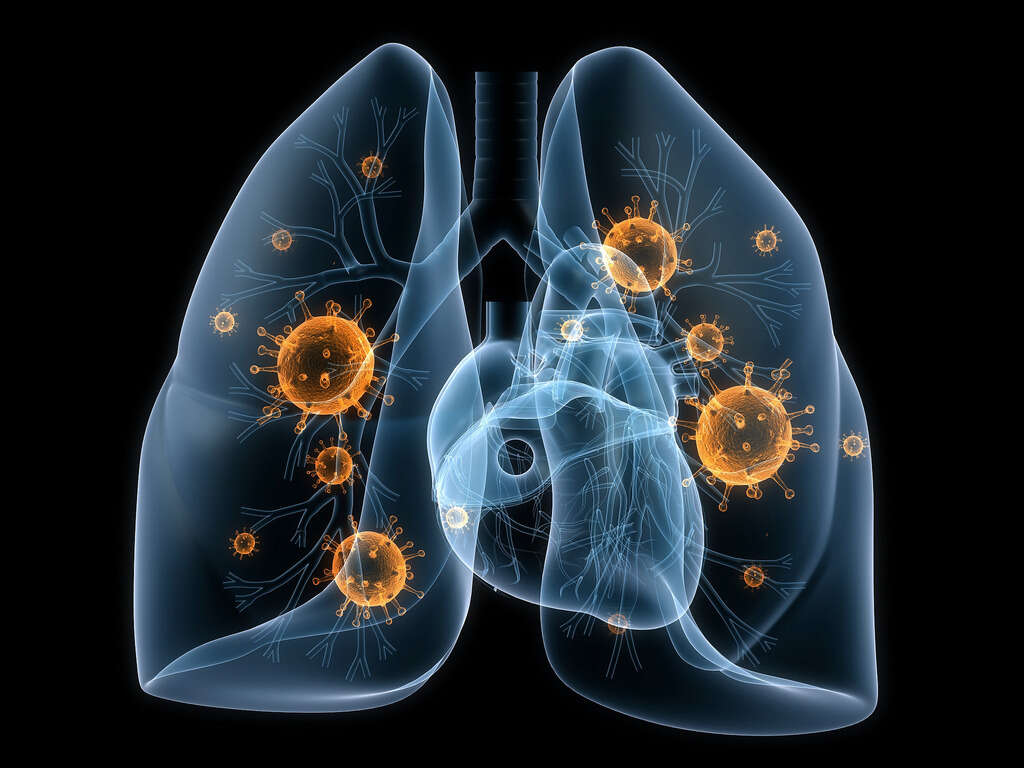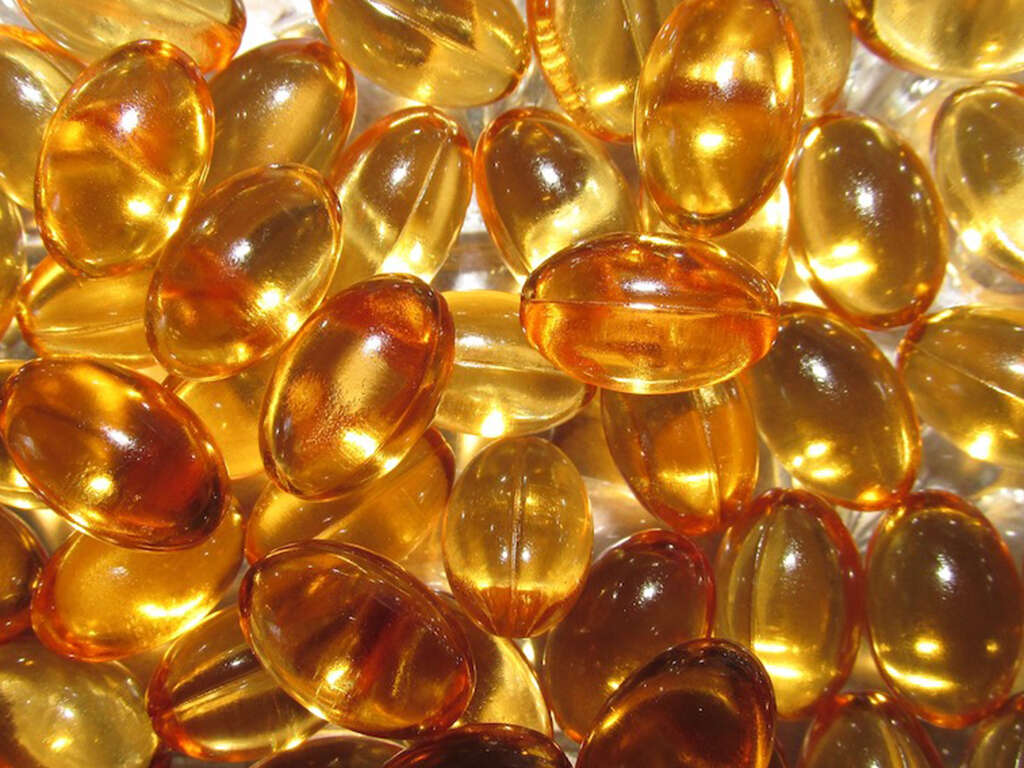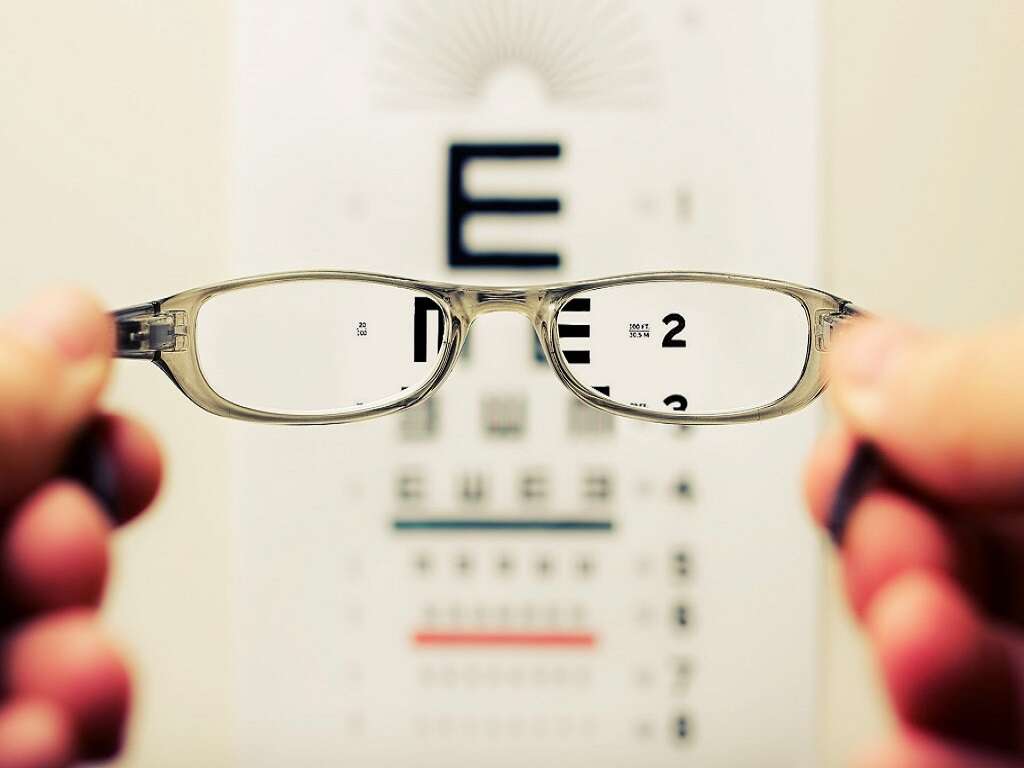10 Vitamin D3 Deficiency Symptoms
Vitamin D is an essential nutrient for the body. Vitamin D is one of the most common deficiencies in adults. If you are vegan, elderly, overweight, avoid sunlight, or have darker skin, you are at increased risk of a vitamin D deficiency. Vitamin D is unique, because not only does every cell in the body have a receptor for it, it is also produced by the body in response to sunlight. Thus, the more sun you receive, the more vitamin D your body will produce.
Vitamin D is also in many dietary sources. These sources include fatty fish, eggs, cheese, and fortified products such as milk, orange juice, and some cereals. The daily recommended amount of vitamin D is 600 IU a day. However, some health professionals recommend more.
Since vitamin D deficiency is so common, let’s go over some of the signs and symptoms of a deficiency.

Symptom #1: Getting Sick or Infected Often
One of the benefits of vitamin D is to help keep our immune systems strong. A stronger immune system helps the body fight off viruses and bacteria that harm our bodies and cause illnesses. Vitamin D directly communicates with the cells that fight infections. Thus, if you find yourself always fighting a cold, you may be suffering from a vitamin D deficiency.
In fact, numerous studies have shown a connection between vitamin D deficiency and illness. It has also been found that taking high doses of a vitamin D supplement has helped reduce the risk of respiratory tract infections.

Symptom #2: Fatigue and Tiredness
Fatigue is such a weird feeling. You get 8 hours of sleep, yet you still feel tired. Fatigue can really have a negative impact on quality of life. One potential cause of fatigue is a deficiency of vitamin D.
Numerous studies have been done on the association between vitamin D and fatigue. One study involved a woman who complained of chronic daytime fatigue, who was found to have a vitamin D level of only 5.9 ng/ml. Keep in mind, the normal range of vitamin D ranges from 20–50 ng/ml. Thus, she was significantly deficient in the vitamin. The participant was supplemented with vitamin D, until her blood levels reached 39 ng/ml. Her fatigue drastically cleared. Her experience is mirrored in another study done on nurses and fatigue. It was found, of the nurses who experienced fatigue, 89% were also deficient in vitamin D.

Symptom #3: Bone and Back Pain
As children, we were always told to drink our milk to achieve strong and healthy bones. Vitamin D helps maintain bone health by aiding in the absorption of calcium. Low levels of vitamin D can affect calcium absorption, leading to poor bone health. Specifically, this can lead to bone and back pain.
There are numerous studies which have observed a relationship between back pain and vitamin D deficiency. For example, in a study with 9,000 women, those who had complaints of back pain were more likely to have the deficiency. Similarly, in another study, it was found that individuals with a vitamin D deficiency were twice as likely to experience bone pain in their legs, ribs, or joints than individuals who were not deficient.
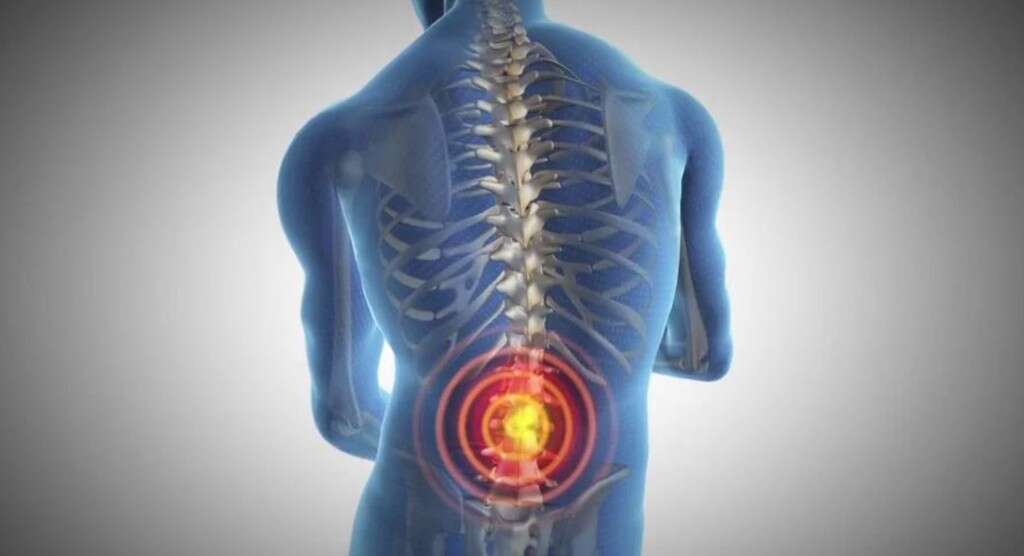
Symptom #4: Depression
Depression is a multifaceted illness that affects millions of people. In left untreated or undiagnosed, it can really affect one’s quality of life. There are numerous causes of depression. Recent studies have linked a depressed mood to vitamin D deficiencies.
In a review study, it was found that 65% of studies on vitamin D found a relationship between low blood levels and depression. However, many of these researchers noted that these studies may have not lasted long enough to signify a direct link between vitamin D and depression. Researchers are optimistic though. Controlled studies have shown that giving vitamin D to people who are deficient has helped improved depression.

Symptom #5: Slow Wound Healing
Slow wound healing may not seem like too much of a big deal when it comes to a small paper cut or a shallow knee scrape. However, when it comes to wounds of the organs (closed wounds), and ulcers, or more severe chronic wounds, healing speed can make a big difference between levels of pain.
Several factors can affect the rate of wound healing. One of these things include vitamin D. One study found that vitamin D increases the production of compounds that are crucial for forming new skin. One study looked at individuals with diabetes. These participants had foot infections and it was found that those with severe vitamin D deficiency were more likely to have high levels on inflammatory markers than their counterparts.
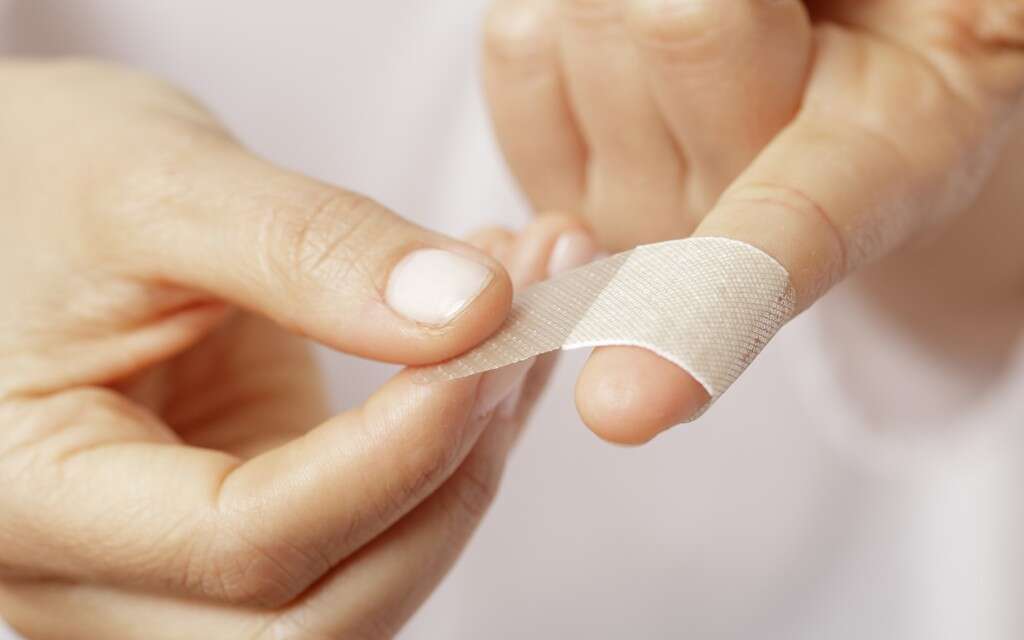
Symptom #6: Hair Loss
Unwanted hair loss can cause insecurities and low self-esteem. This hair loss can be caused by a myriad of factors such as stress or genetics. When hair loss is severe, it can be linked to a vitamin D deficiency.
One study found a link between low levels of vitamin D and increased risk of hair loss. Alopecia, an autoimmune disease which causes severe hair loss from the head and other parts of the body, is linked to rickets. Rickets is a disease that causes soft bones due to vitamin D deficiency. Thus, linking vitamin D deficiency to alopecia hair loss. Individuals with alopecia are recommended to consume high levels of vitamin D as this can help with lessening hair loss.

Symptom #7: Impaired Memory
A study published in 2014 observed that moderate and severe vitamin D deficiency in older adults was associated with an increased risk of some forms of dementia.
In this study, 1,600 people were analyzed. Participants were all aged 65 and older, all of whom did not have dementia at the beginning of the study. In comparison to individuals with normal vitamin D levels, those with low levels of vitamin D deficiency had a 53% risk of developing dementia. Those who were severely deficient, had a 125% increased risk. This is very high! However, this was an observational study, thus a direct link between dementia and vitamin D cannot be determined quite yet.

Symptom #8: Bone Loss
When it comes to bone health, vitamin D is crucial. This is because vitamin D aids in the absorption of calcium. Many people think calcium supplements are enough for good bone health, but vitamin D is also needed.
Low bone mineral density is harmful, especially for elderly individuals who are at risk of falls. Low bone mineral density is a sign that bones have lost calcium. In a large observational study, it was found that 1,100 middle-aged women in menopause or post-menopause with low levels of vitamin D were more likely to have lower bone mineral densities.
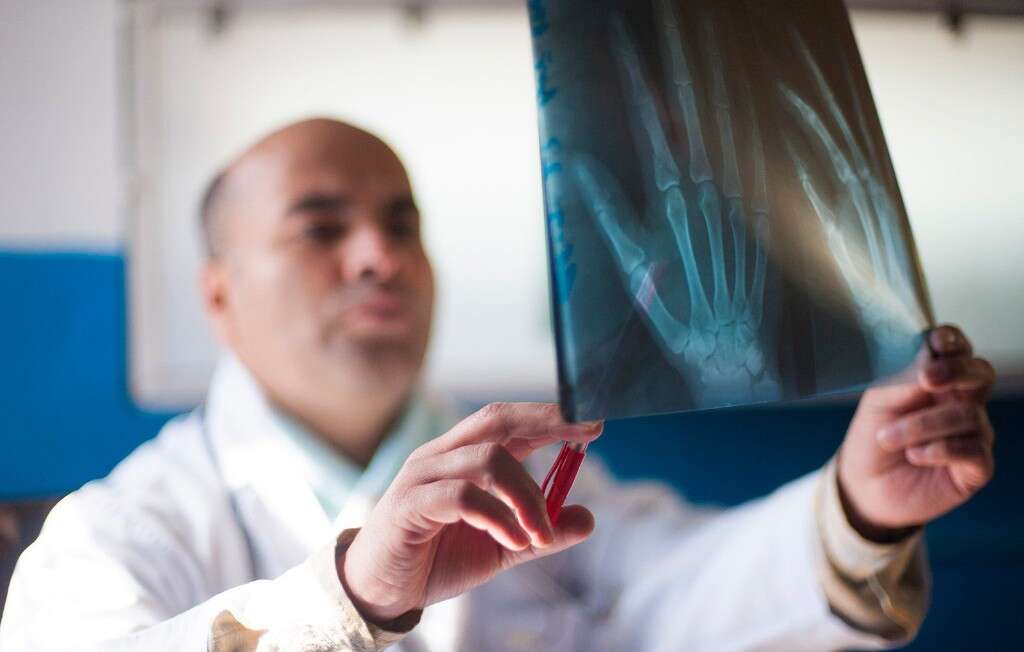
Symptom #9: Type 2 Diabetes
Getting enough vitamin D in the diet has been linked to reducing the risk of type 2 diabetes. Studies have shown a deficiency in vitamin D has been linked to heart disease. Individuals with heart disease are more likely to suffer from type 2 diabetes.
There are two different types of vitamins: fat-soluble and water-soluble vitamins. Vitamin D is a fat-soluble vitamin. This means you will absorb vitamin D better if it is eaten alongside a fat-containing food. Thus, if you are facing issues with a vitamin D deficiency, try consuming the source with a fat. Some healthy sources of fats include avocado, peanut butter, or other nuts.
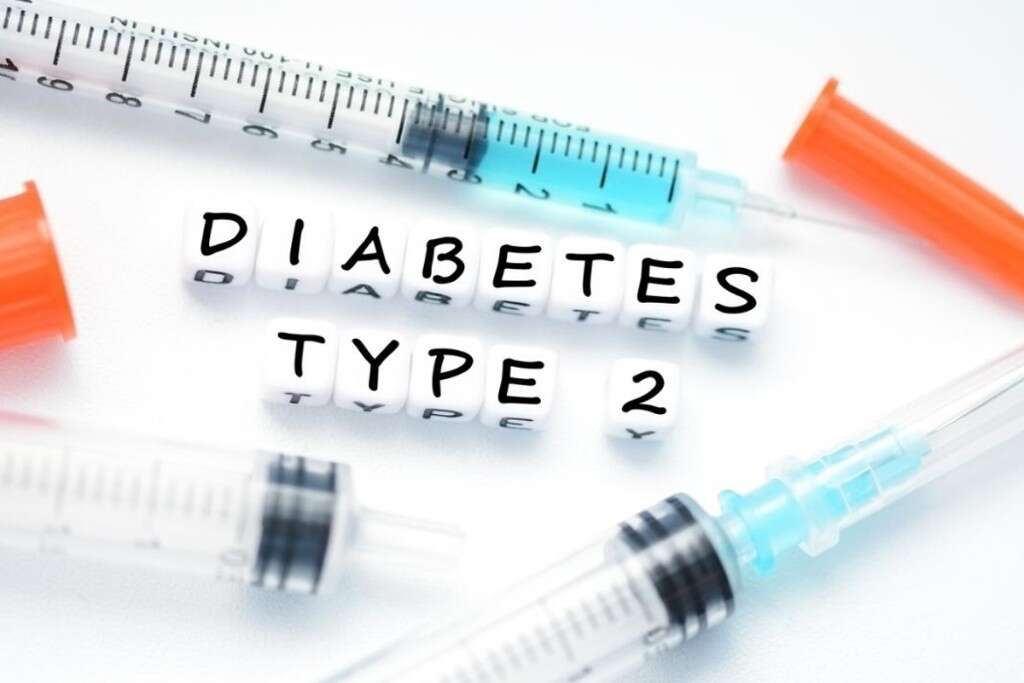
Symptom #10: Colon Cancer
Diets low in vitamin D have been linked to colon cancer and gut issues such as irritable bowel syndrome. Colon cancer has become increasingly prevalent over the years. When it comes to colon cancer, diet is one of the most important factors in preventing the disease. Studies have shown a diet high in fat and red meat are linked to an increased risk of colon cancer.
For more than 20 years, studies have demonstrated that vitamin D offers some protection against colon cancer. For example, in 1996, Harvard researchers showed that higher levels of vitamin D in the bloodstream reduced the risk of colon cancer. In fact, the men with the highest total vitamin D intake were about 50% as likely to develop colon cancer compared to men who had the lowest total intake.




